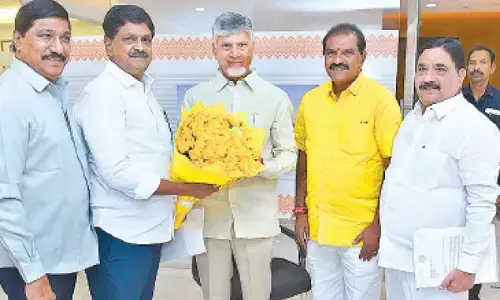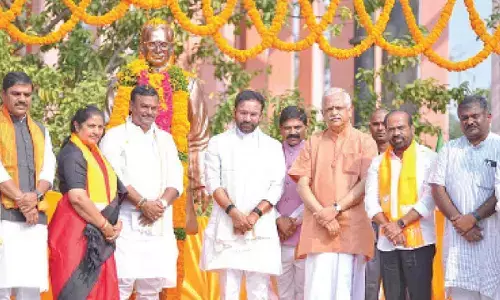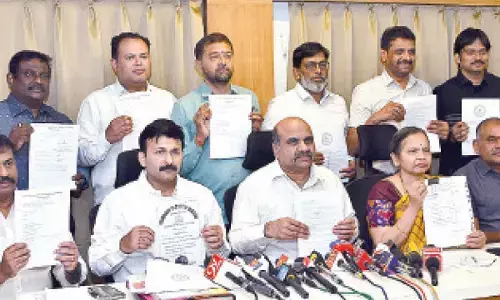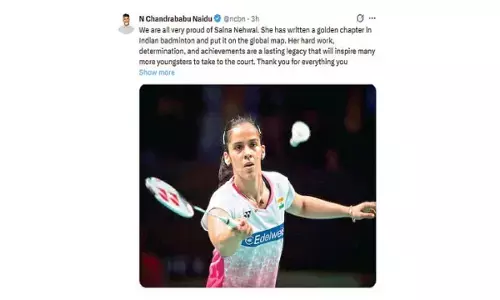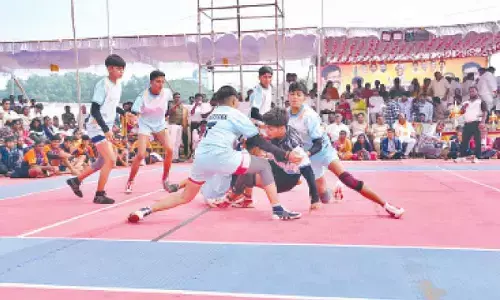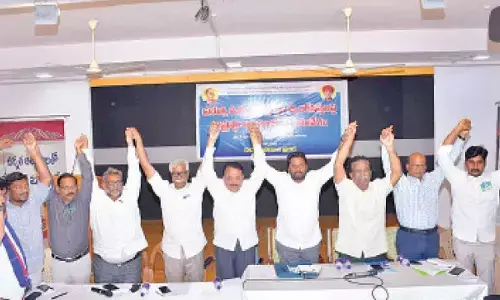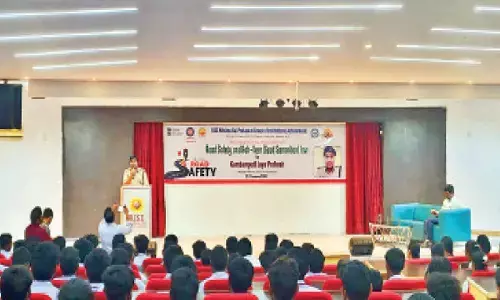Looking back at special moments
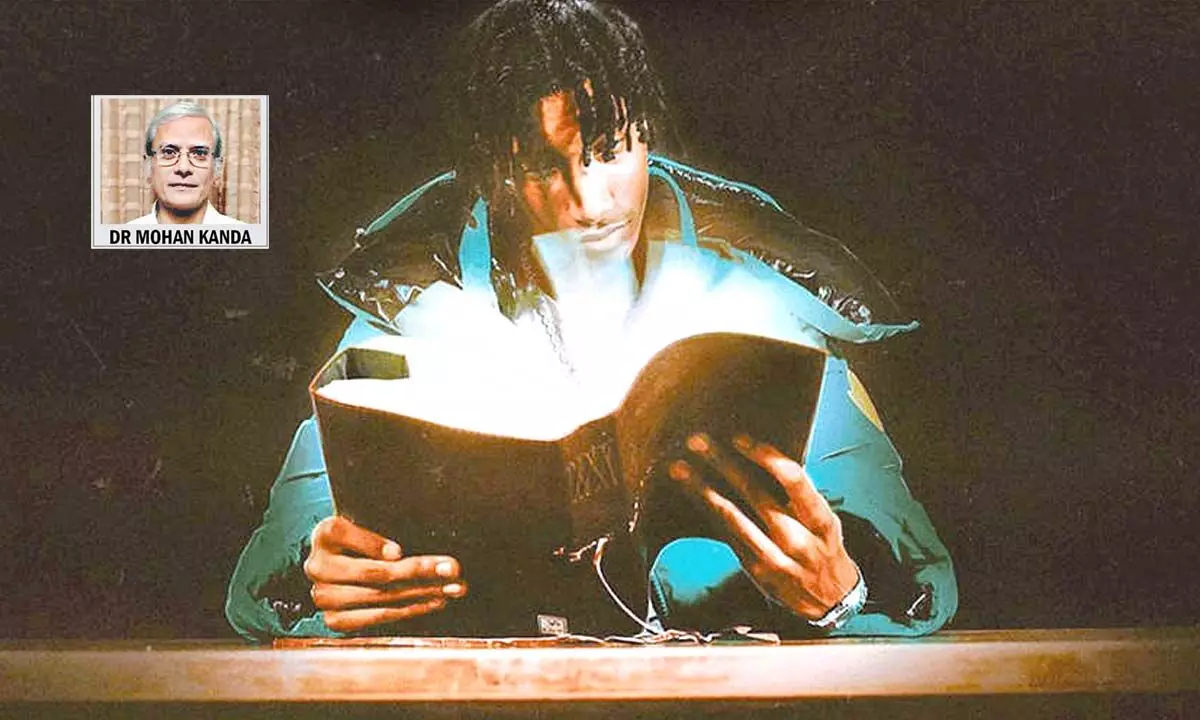
Theoretically speaking, it was possible for me to have asked for an exemption from personal appearance, which request may have been granted. But I really saw no reason to do so. So there I was in a court presided over by an officer of far lower rank, standing in the witness box and offering testimony under oath. But that is the law of the land
Civil servants are expected to be self-effacing, anonymous, unseen and unheard. And, as I often pointed out to the political leaders with whom I worked, while in service, bureaucrats are there to be ready to face the blame, should something go wrong, and willing gladly to concede the credit to their political masters, when a decision proves successful and popular. I abided by that arrangement throughout my service. . But, now that I have retired and there are far fewer restrictions placed upon my speaking and writing, I feel free to recall some of my experiences which, hopefully, will interest the readers.
Having successfully overcome the handicap of premature birth, I became an almost normal child by the time I was three months old. One afternoon, I was sipping grape juice at Himalaya Cool Drinks, a shop situated at Luz Corner, a little distance away from our home, in Mylapore in the then Madras. I was six years old, and as was my wont, I was chattering non-stop with the owner of the shop. A couple of gentlemen connected with the movie production industry were also present. Apparently, impressed by my exuberance and talkativeness, they asked me whether I would like to act in films. When I most enthusiastically replied that I would, they suggested that I go for an audition and I readily agreed. They took me home and, after obtaining my mother‘s permission, took me to a nearby movie studio for an audition, which apparently proved satisfactory. Soon, I signed up for a role in a movie called ‘Manohara’, and thus began, at age six, my career in acting, which was to last for the next three years.
Directed by the legendary film producer and director L V Prasad, ‘Manohara’ was shot in three languages, namely Hindi, Telugu and Tamil, and I was to play the role of a prince. The shooting took place in Pakshiraja Studios in Coimbatore. My mother and I travelled to Coimbatore by train. It was an overnight journey and I remember how I spent a sleepless night, nervous and frightened, as on the same track, a train had been derailed by terrorists, a couple of days earlier. The movie featured in the lead, the legendary Sivaji Ganesan. It was there that I first saw the legendary Travancore sisters, Lalitha, Padmini, and Ragini.
Another incident which I recollect vividly, from my acting days, is that of L V Prasad accidentally hurting me in a shot in another movie of his, ‘Pempudu Koduku.’ He, as my father in the movie, was to pretend to hit me while I protected myself with my palm, which the camera would not catch. The arrangement, however, failed at the last moment, and I received a resounding slap on my cheek! Angry and upset, I ran away home, and refused to go back for shooting until Prasad called on my mother and appeased me by giving me the game of ‘Trade’, so popular with children those days.
Yet another incident I remember is from a movie called ‘Maradalu Pelli’, on the sets of which, in Neptune Studio in Madras, the famous South Indian character actor Mukkamala used to carry me around on the palm of his hand! One scene in the movie had the lady portraying my mother’s role passing away. I was supposed to cry over her body. Which I stubbornly refused to do, until my mother was called to the studio, and I was assured that all was well.
I portrayed the role of a prince, once again, in a Telugu movie called ‘Dharma Devata’. As a measure of punishment, for the crime of throwing a stone and accidentally hurting the king, the prince is asked to be fed to lions. The interesting part was that, reality being accorded such a high priority in those days, I was actually taken to the Madras zoo, where I had to go through the harrowing experience of actually walking into a lion’s cage. Nothing untoward happened, of course, but it certainly was a chilling experience.
In 1954, the Andhra state was carved out of the erstwhile composite Madras state, to cater to the demands of the Telugu speaking people of the earlier dispensation. My father decided to move to Guntur, where the High Court of the new state was to be located. We travelled by train and, at many wayside railway stations, crowds thronged the platforms, in order to take a look at me as I was still some sort of a child star in their minds. Father would joke for years later, saying that he thought that they had actually come to see him!
As an Assistant Collector (under training), as a Sub Collector, and later, as a Joint Collector, one of my functions was to hear appeals preferred over the judgements of various subordinate functionaries. When I became a District Collector, I was hoping that I had, finally, reached the stage when that tedious, and, somewhat unappealing, chore would no longer be performed. But, then, I had not reckoned for the possibility that I, myself, may have to be at the receiving end one day! Some matter pertaining to a decision I had taken earlier, when I was Sub Collector, Ongole, had come up before a Sub Judge, at Chirala, a part of my earliest jurisdiction in the neighbouring Prakasam district. I was summoned to appear before that court, and duly obeyed the summons.
Theoretically speaking, it was possible for me to have asked for an exemption from personal appearance, which request may have been granted. But I really saw no reason to do so. So there I was in a court presided over by an officer of far lower rank, standing in the witness box and offering testimony under oath. But that is the law of the land. One thing I have always failed to understand about the procedures followed by the courts in our country is why witnesses, the defendant and the complainant are all made to stand while deposing. Not the case, certainly, for instance, in the US. After all, witnesses and defendants have committed no crime and even the accused is expected to be held to be innocent until proved otherwise.
I joined the MG High School at Guntur soon after father had moved there to set up practice in the newly constituted High Court of Andhra state. For the annual school day celebrations, the headmaster of the institution, having heard of my earlier acting experience, chose me to enact on stage, the famous soliloquy, “To, be or not to be, ……..”
Quite unexpectedly, I developed cold feet just as I was about to begin to speak. The earlier experience under arc lights 21 was in a controlled ambience, with shots being susceptible to repetition, if not satisfactory. Here was an audience live and expectant, something I was not quite used to. Even my earlier radio programs in Madras had no audience directly, watching or listening. I was totally tongue-tied. I somehow managed to go through withthe formality of completing the speech.
The headmaster, needless to say, was furious and refused to grant an audience for a few days. What was worse, Justice Koka Subba Rao, the distinguished jurist, then the Chief Justice of the Andhra High Court, who would go on to become the Chief Justice of the country, and be known for many landmark verdicts, smiled sympathetically at me, as I approached him after the act, and said, “Mohan, in the future, at least remember to button your fly!”
(The writer was formerly Chief Secretary, Government of Andhra Pradesh)


